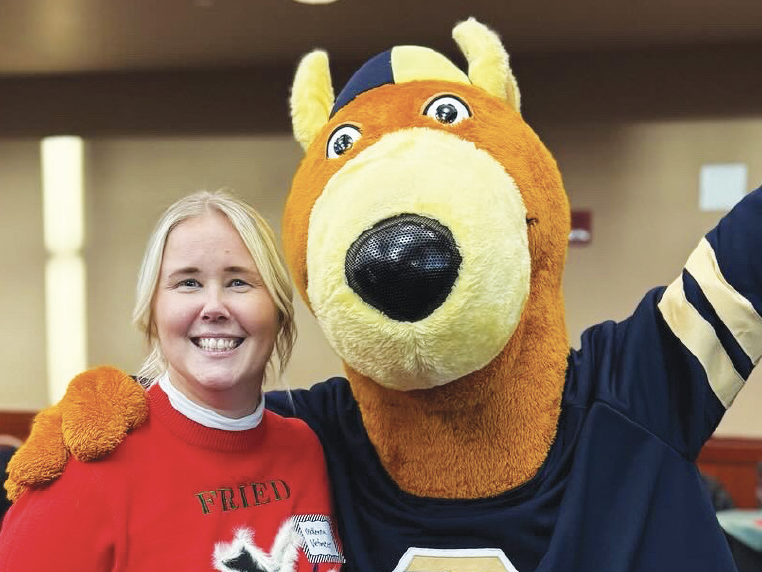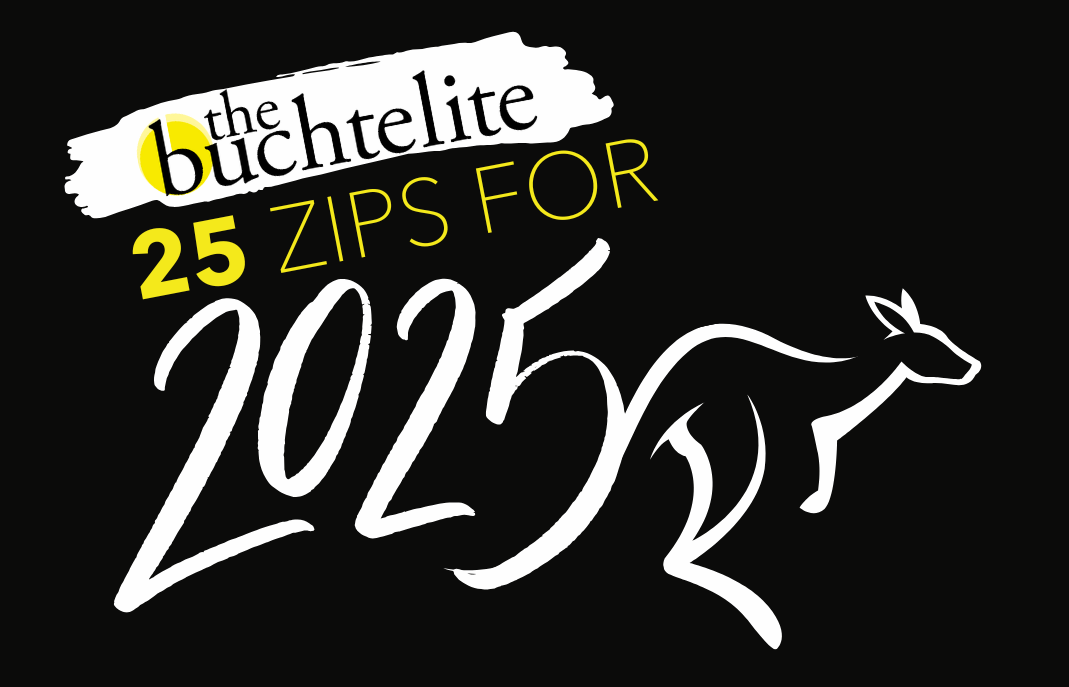The coddling of the student mind
March 28, 2016
A movement has risen among America’s universities to clean campuses of words, ideas, and subjects that might cause discomfort or give offense.
In September 2015, Greg Lukianoff, president of The Foundation for Individual Rights in Education, and Jonathan Haidt, a social psychologist and professor at NYU, wrote a piece for The Atlantic called “The Coddling of the American Mind.” The piece criticized colleges for fostering climates of hyper-political correctness. The article tried to explain how universities have become hotbeds of trigger warnings and microaggressions, citing several instances at different schools they felt exemplified oversensitivity on campuses.
Ferentz Lafargue recently argued against these sentiments in an editorial published in The Washington Post. Lafargue is a director of Williams College’s Davis Center, a unit that advances diversity initiatives at the college.
“In the work that I do as a diversity advocate in higher education, I hear often a concern that some of our efforts in pursuit of equity may be doing students a disservice — that we’re not preparing them for the ‘real world,’” Lafargue wrote. “The implied logic is that if students feel empowered to voice their discontent with microaggressions experienced on campus, then they’re not developing the thick skin necessary to deal with the slights they’ll see in the workplace, out in the ‘real world.’”
Lafargue defends the trend of college administrations supporting politically correct campuses. He argues that by showing zero tolerance for intolerance, colleges and universities are sending a message that students will hopefully carry with them and uphold as they transition into the real world.
“To be sure, the real world is full of anti-Semitism, homophobia, sexism and racism,” Lafargue continued. “The question is: Do we prepare students to accept the world as it is, or do we prepare them to change it?”
Students are not prepared for changing the world when they are denied the opportunity to strengthen their ability to understand and argue about issues. In order to empower students to make changes, they need to be given the opportunity to confront something that is thoroughly unsettling and challenging.
There is plenty of diversity at UA in regard to student, faculty, and administrative populations. With this being said, many in our community may hesitate to express or explore their opinions, especially with regard to racial or gender issues, because many are afraid of being attacked.











